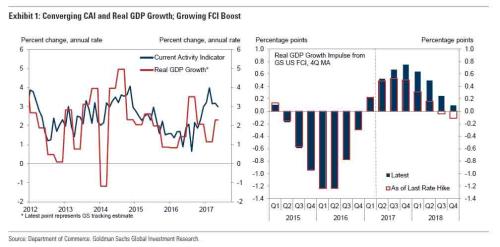Kit has been a chum for 20 plus years and I am delighted that even with his public position as Deputy Mayor, he is still very much churning out radical pro liberty ideas.
Absent the bureaucrats who collect and eat tax via their multiple layers of collection and all the inefficiencies that entails and we would get less of a burden on the people.
One big step in the right direction.
Well done Kit, I for one support you.
Enjoy the link
http://www.timesonline.co.uk/tol/comment/columnists/guest_contributors/article7088281.ece


The British government currently consumes 52% of the GDP, so if we switched entirely to VAT that would mean a tax rate of 108%. This would make it extremely clear exactly how much these tax eaters consume, which is why they’ll never do it.
Because if we could see how much the government is continually taking from us, and if everyone paid the same rate of tax, then we would quickly shred the rate down to something much less. We get very little for our money from the government, except hectoring regulations, wealthy Guardian readers, bad schools, and queues in hospitals.
However, turkeys will not vote for Christmas. So the British government, and all of the tax eaters who populate its over-manned halls, will never make it clear how much they are taking from us all, so we have to move beyond re-arranging the deck chairs.
The answer is not to move taxes around in bureaucratic circles. The answer instead is simply to start abolishing and cutting taxes, and to start cutting government spending as we go. We should start first of all with business taxes, to encourage investment and employment. We will pay for these tax cuts by cutting the most useless government departments first, such as anything to do with trade and industry, anything to do with the Scottish office, and all of the quangos we can lay our hands on, such as the infamous British Potato Council (which promotes potato consumption), the Food Standards Agency (which promotes the avoidance of potato consumption), and everything else of that ilk.
Then we can start on a privatisation programme. If it moves, we privatise it. If it doesn’t move, we privatise it. If there’s anything left after that, we privatise it. As each element of government incompetence is privatised, we abolish another tax.
The models we should be aiming for are there around us, for us all to see; Singapore, Hong Kong, Liechtenstein, Andorra, Monaco, and many of the Cantons in Switzerland. Low tax, low regulation, prosperous, strong private property rights, contented citizens, tight families, and small government.
Notice how many of these highly successful places are small. That is the other wing to our programme. Because governments use large territorial size to justify large departments. It may be Ok to have a grand foreign office for something the size of the UK, but would a country the size of Wales be able to justify a mighty and grand foreign office, populated by the arrogant and mighty privileged sons and daughters of Swansea and Cardiff, with large embassies in every major city of the world? Of course they wouldn’t. (I’m sure they would try, but they would be laughed down by their fellow Welsh citizens, who would see quite clearly where their taxes were going.)
So as well as cutting taxes and cutting government spending, we need to accelerate the process of secession. This means we let Scotland go its own way. If the Welsh won’t go of their own accord, then we cut them adrift (they’ll feel much better for it).
The beauty of this, is that once Scotland and Wales have to provide their own welfare, they will quickly get rid of their own dependency cultures and become much more prosperous and enterprising. The same will happen too, to England. Freed from the burden of all those welfare cheques heading to Wales and Scotland, and freed from the interference of Scottish and Welsh politicians, England will become a land of property rights again, and a land of freedom. It could even become somewhere worth living again.
Indeed, after a few decades it would not surprise me if certain regions of England wanted to emulate the success of independent Scotland and Wales, and went for freedom themselves from the greater English yoke. Cornwall might want to chance its arm alone, as might ‘Geordie Land’, the Republic of Yorkshire, and London itself. I’m sure Boris Johnson, in older age, would relish the chance of becoming an Athenian Pericles, as the elected Prince of an independent London city state. Imagination the wealth generation potential? It would be staggering.
But the key to all of this is to start cutting government spending, rather than tinkering around with how we are robbed by the government. Whether it is VAT, income tax, capital gains tax, or whatever it is, it is all coming from one pocket (of the private productive citizen) and disappearing into one open maw (of the public consumptive bureaucrat).
So 50 points to Gryffindor for Kit Malthouse’s initial thoughts on this, but we need to cut to the crux of this rather than to the fancy dressings on the side, and the crux is that we must reduce government. We do that by cutting taxes. And we start now.
The current nonsense of borrowing billions from India so we can send aid to India must end. We are beggaring our children and we do not have that right.
In the meantime, Toby, you might want to point Mr Malthouse at Murray Rothbard’s thoughts on this matter, to give him some food for thought:
=> The Consumption Tax: A Critique
=> http://mises.org/daily/1768